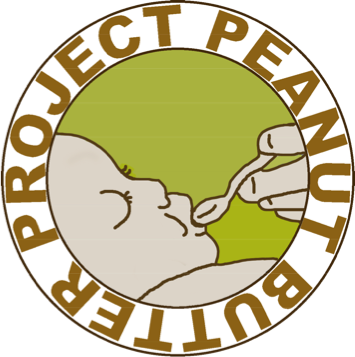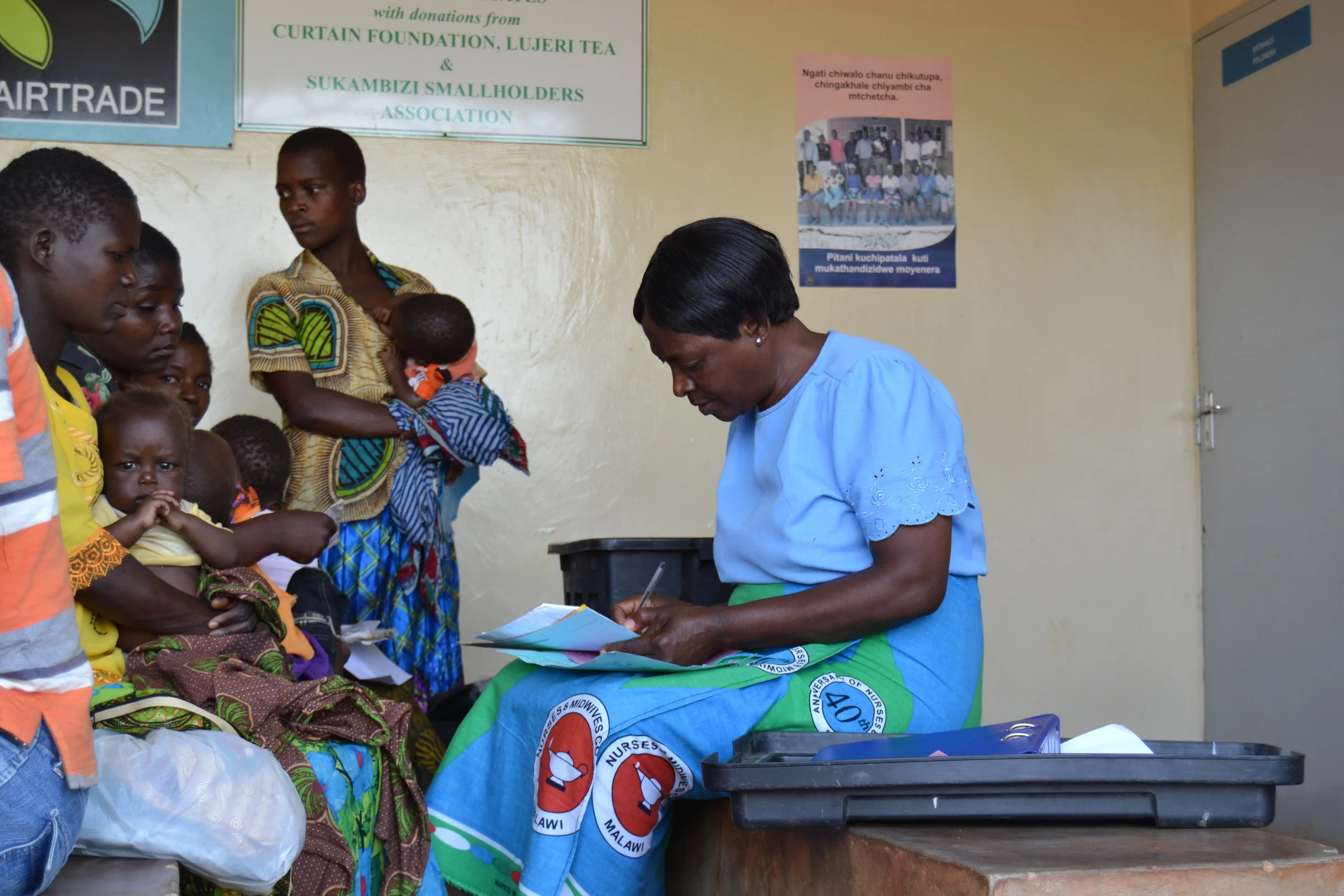PPB’s first project began in Malawi in 2004. Initially, the factory had an annual production capacity of 400 metric tons. In 2009, PPB procured a sachet line, which greatly increased the production capacity and shelf life of the finished product. The facility produced 200 additional metric tons of RUTF in 2011 in response to the crisis in the Horn of Africa, which was shipped to organizations working on the ground in the famine struck areas. The Malawi factory today has the capacity to produce enough food to meet the needs of the entire country.
The Malawi factory is accredited by UNICEF, Doctor’s Without Borders (MSF) and the World Food Programme. It is run exclusively by Malawians.
In early 2013, PPB began constructing a brand new factory from scratch, located about a 30-minute drive away from the current site. PPB began to move machinery and personnel to the new factory in March 2014. An official opening ceremony was conducted at the new factory on March 27, 2014, and production restarted on April 22. It might seem like building an entirely new factory from scratch is a huge hassle and expense, but the effort has ultimately made PPB Malawi more sustainable. It allowed PPB to design the exterior and interior of the factory according to our specific production needs and to make changes to the premises whenever and however we like. In addition, PPB now owns the land on which the factory is built and no longer has to fear mandatory relocation. Thanks to Alex Caskey and Mark Histand for directing the building project.
What's our latest project in Malawi? Besides continuing to produce therapeutic food, we have constructed a peanut processing facility adjacent to our new factory. This has allowed us to hand sort and roast raw peanuts from local farmers ourselves rather than outsourcing this work. Taking control of this process will ensure that we use only the safest, highest quality ingredients to produce our finished product. Check back later for exciting updates.




